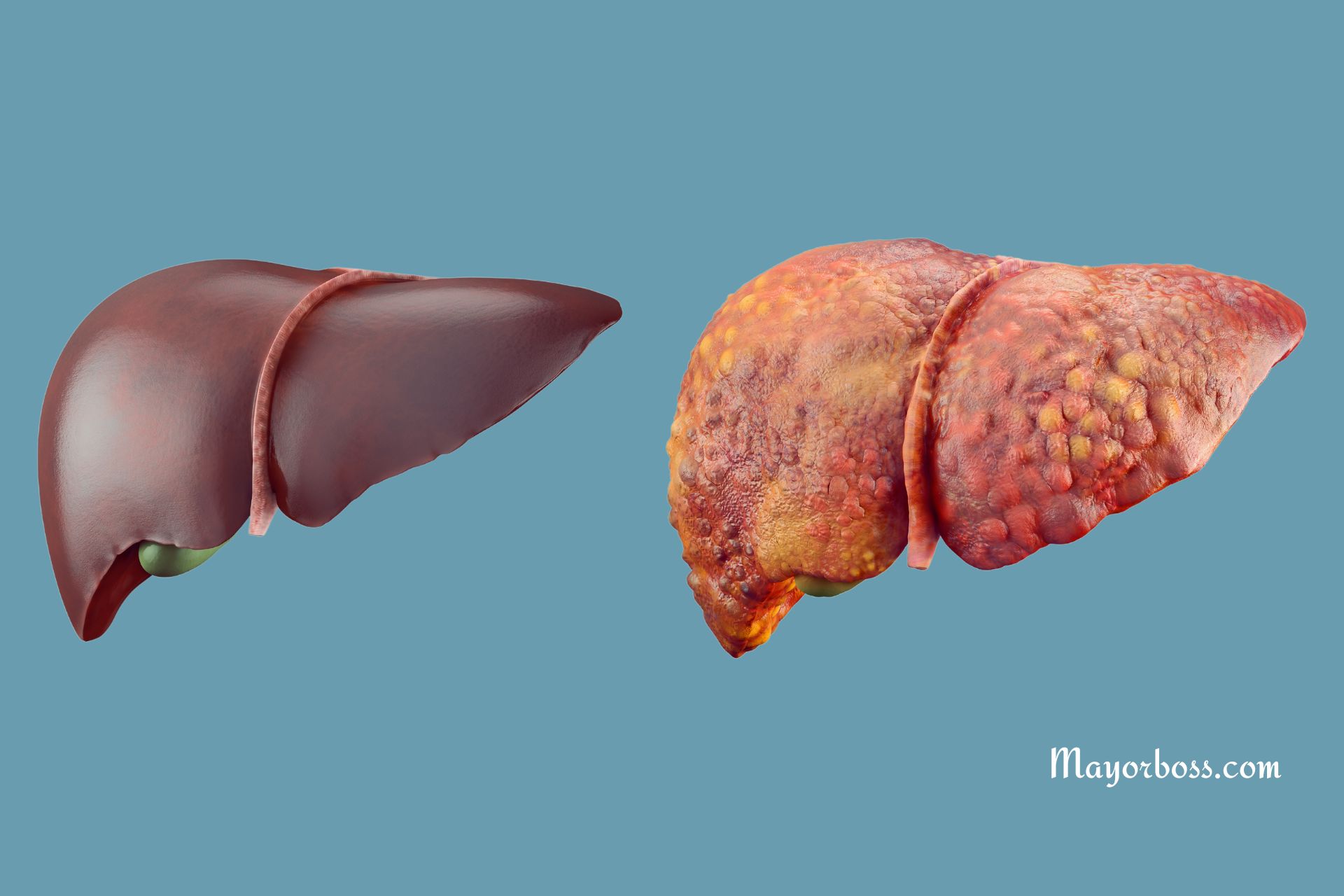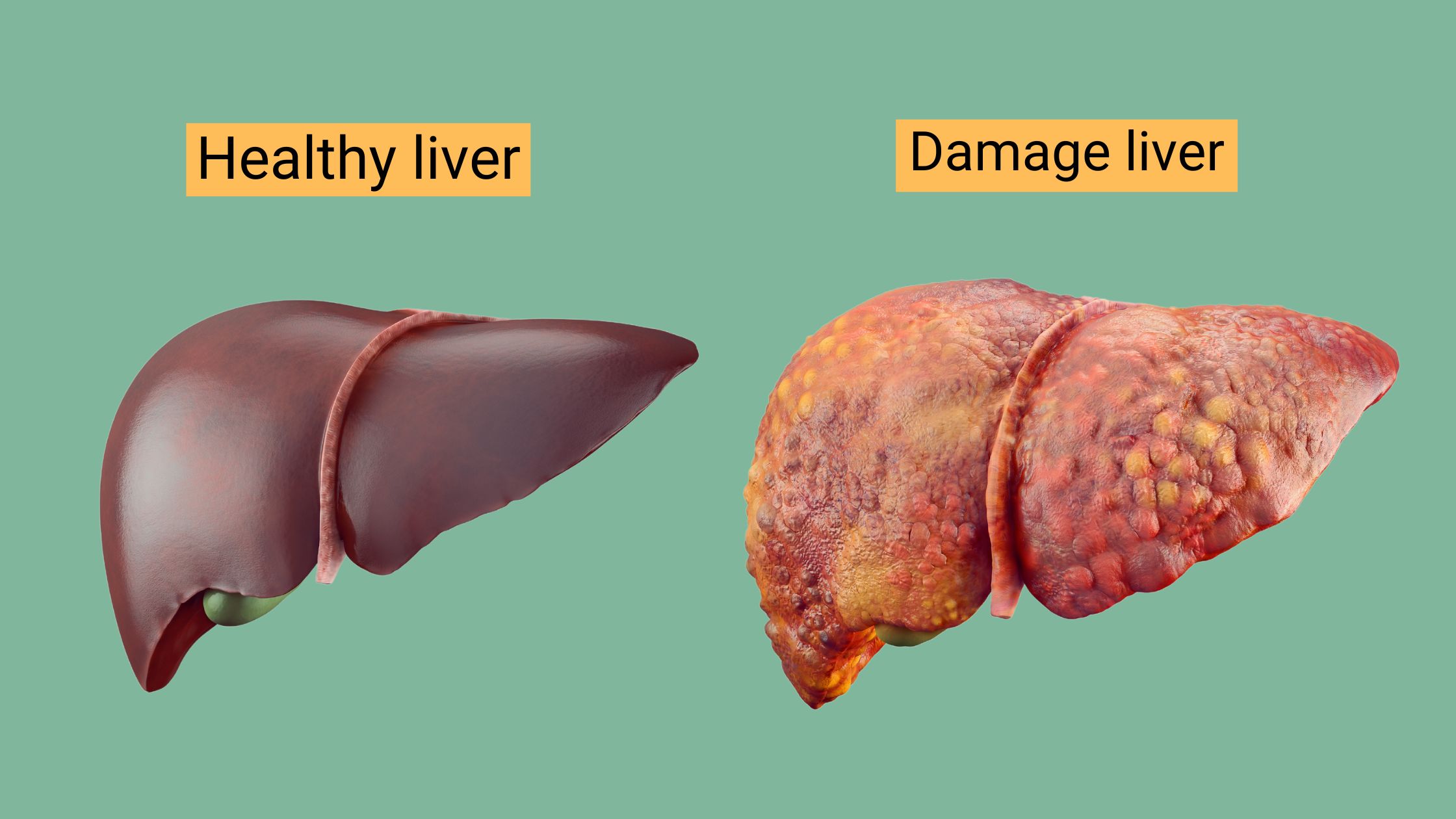Causes of Sulfur or Rotten Egg Burps: How to Relieve Symptoms
Have you ever experienced a burp that had a strong smell similar to sulfur or rotten eggs? If so, you’re not alone. This phenomenon, while unpleasant, is common and can be caused by various factors. In this article, we’ll delve into the causes of sulfur burps and offer some effective ways to alleviate the symptoms.

What Causes Sulfur Burps?
Sulfur burps occur when your burps have a foul smell that resembles the scent of sulfur or rotten eggs. This usually happens due to the foods you eat and the bacteria in your gut. Let’s break down the primary causes:
1. Certain Foods and Beverages
Foods high in sulfur can lead to sulfur burps. These include garlic, onions, and cruciferous vegetables like broccoli, Brussels sprouts, and cauliflower. Additionally, high-protein foods, such as meat and eggs, can produce hydrogen sulfide gas when broken down in the stomach, which contributes to the unpleasant smell.
2. Gut Bacteria
The bacteria in your digestive system play a crucial role in breaking down food. Sometimes, an overgrowth of bacteria, particularly in the small intestine, can produce excess hydrogen sulfide gas, leading to sulfur burps.
3. Gastrointestinal Issues
Certain health conditions, such as gastroesophageal reflux disease (GERD), gastroparesis, and Helicobacter pylori (H. pylori) infections, can increase the likelihood of experiencing sulfur burps. These conditions disrupt normal digestion and may enhance the production of sulfur gas.
How to Alleviate Symptoms
While sulfur burps can be uncomfortable, there are several approaches you can take to decrease their frequency and severity:
1. Monitor Your Diet
Pay attention to the foods that trigger your sulfur burps and try to limit or avoid them. Reducing the intake of sulfur-rich foods and those that are hard to digest can significantly decrease the occurrence of these burps.
2. Stay Hydrated
Drinking plenty of water helps flush your system and aid digestion, potentially reducing the likelihood of sulfur burps.
3. Practice Good Eating Habits
Eating slowly and chewing your food thoroughly can help lessen the amount of air you swallow and stop the chances of burping. Also, try to eat smaller, more frequent meals to ease the digestive process.
4. Over-the-Counter Medications
Antacids and other over-the-counter digestive aids can help neutralize stomach acid and alleviate symptoms of indigestion, including sulfur burps.
5. Probiotics
Incorporating probiotics into your diet, either through supplements or probiotic-rich foods like yogurt, may help balance gut bacteria and reduce the occurrence of sulfur burps.
When to See a Doctor
If you’re frequently experiencing sulfur burps accompanied by other symptoms such as nausea, vomiting, diarrhea, or significant abdominal pain, it’s important to consult with a healthcare professional. These symptoms could indicate an underlying health issue that requires medical attention.
Frequently Asked Questions
- Can stress cause sulfur burps? Yes, stress can impact your digestive system and may lead to various gastrointestinal symptoms, including sulfur burps.
- Are sulfur burps a sign of infection? While sulfur burps alone are not a definitive sign of infection, if they are accompanied by other symptoms like stomach pain, fever, or vomiting, it could indicate an infection such as H. pylori.
- Can drinking alcohol cause sulfur burps? Yes, alcohol can irritate your stomach lining and increase the production of stomach acid, potentially leading to sulfur burps.
In conclusion, sulfur burps are primarily caused by the foods you eat and the balance of bacteria in your gut. By making dietary changes, staying hydrated, and practicing good eating habits, you can often alleviate the symptoms. However, if you experience persistent or severe symptoms, seeking medical advice is crucial to address any underlying health concerns.






